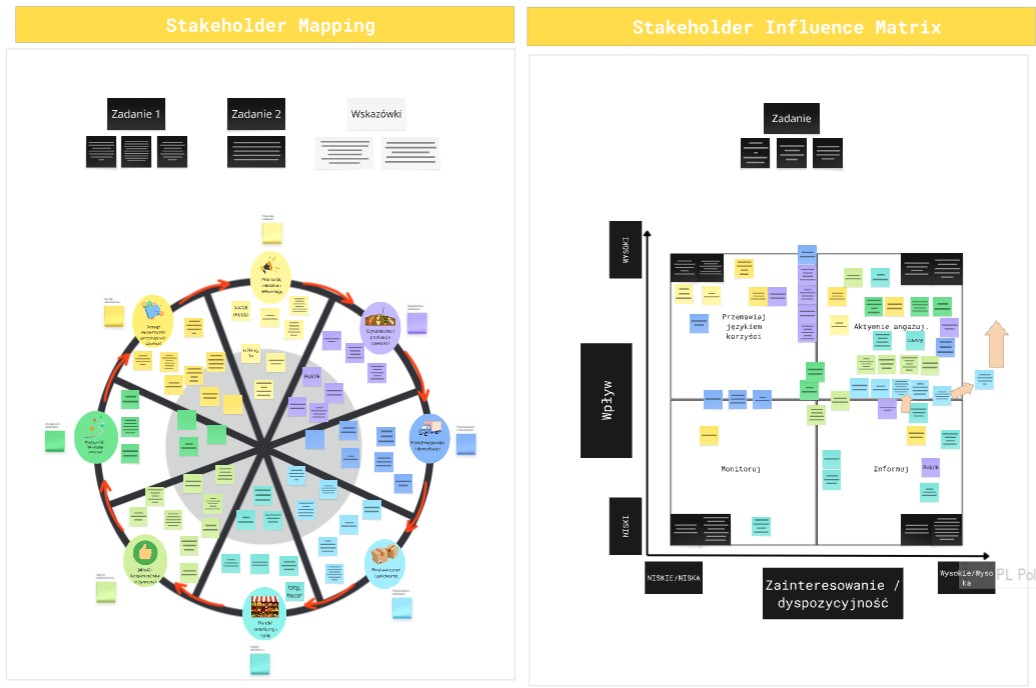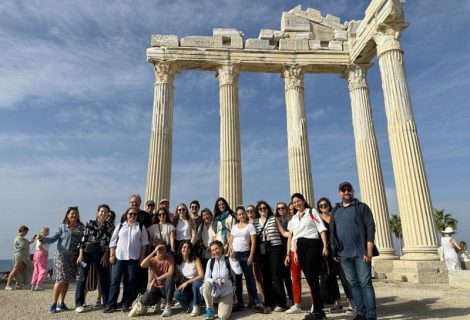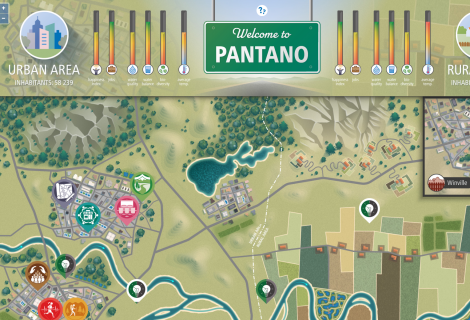The Second Foodmission T-Lab Workshop Is Behind Us!
A sustainable food system? Let’s explore it, analyze it, and design it – together.
On May 6, 2025, we held the second interactive workshop as part of the Foodmission project, led by the Centre for Systems Solutions in collaboration with partners from across Europe. The aim of the project is to create an interactive platform that empowers people to make informed, healthy, and sustainable food choices – using data generated by citizens themselves.
What did we focus on during the session?
- Identifying key stakeholders in the food system and analyzing their influence and engagement.
- Exploring the potential of citizen science to support systemic transformation.
- Developing a framework for ethical and privacy-conscious data sharing and collaboration.
What did we discover?
Stakeholder Mapping
Participants mapped out a wide range of food system actors – from producers and public institutions to NGOs and consumers.
Key insights:
- Commercial actors and public institutions hold significant influence.
- Citizens and grassroots initiatives are underrepresented.
- There’s a strong need for better communication and integration of bottom-up perspectives.
The Influence–Interest Matrix
We then placed stakeholders into an influence–interest matrix, identifying four key groups:
- Strong allies (e.g., eco-conscious organizations with both high influence and strong engagement) – key partners for driving change.
- Influential but disengaged (e.g., media, major retail chains) – should be approached through value-driven messaging and strategic partnerships.
- Engaged but less influential (e.g., consumers, neighborhood groups) – need access to information and support to amplify their impact.
- Low-interest, low-influence stakeholders – should be monitored for future opportunities to engage.
📩 If you have feedback or additional thoughts about the stakeholder mapping or matrix exercises, feel free to get in touch:
aleksandra.solinska@systemssolutions.org
Citizen Science as a Tool for Democratizing Knowledge
The second half of the workshop focused on citizen science as a powerful way to support the transition to more sustainable food systems – by empowering people to become active contributors and agents of change.
We introduced:
- The benefits of co-creating open, publicly accessible data sources,
- The FAIR principles (Findable, Accessible, Interoperable, Reusable),
- Essential data ethics and privacy considerations, including GDPR compliance.
Participants highlighted that:
- Trust and transparency are key to encouraging participation in citizen data initiatives.
- Clear and accessible information about the purpose and use of data is crucial.
Thank you to everyone who joined us for your thoughtful input and active participation.
#FOODMISSION #SustainableDiets #FoodSystemChange #CitizenScience #GamifiedEngagement #JoinTheMission




Recent Comments